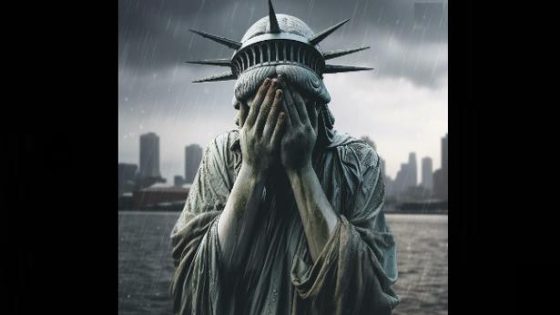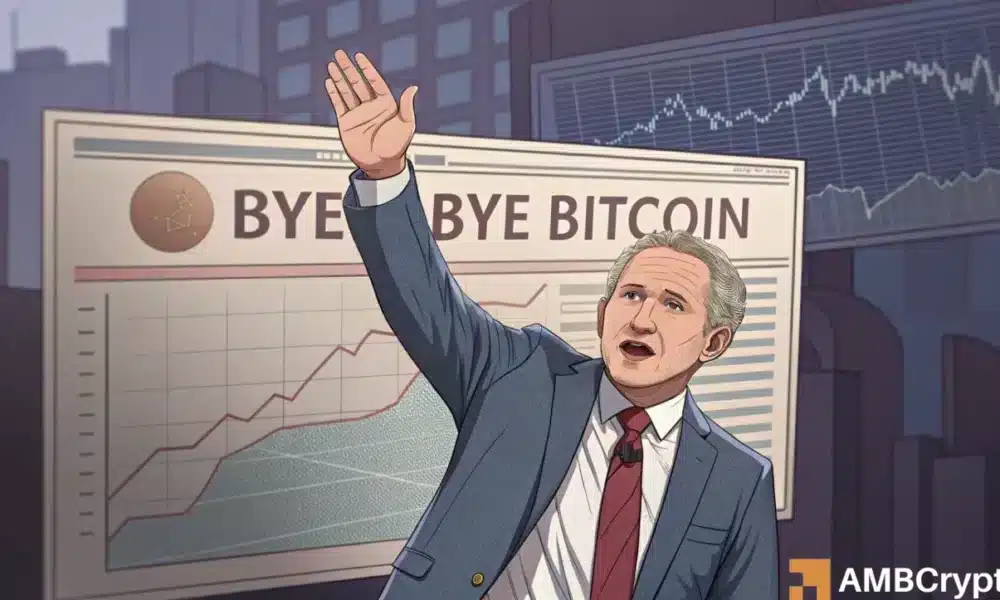The Brazilian government recently reaffirmed its commitment to freedom of expression, a principle enshrined in its Constitution. On February 27, 2025, the Itamaraty emphasized the importance of journalistic rights, contrasting them with the challenges faced by journalists in the united states. Are we witnessing a shift in how freedom of speech is perceived globally?
- Brazilian Constitution guarantees freedom of expression.
- Journalistic protections differ from U.S. Constitution.
- Supreme Court upholds virtual crime laws.
- Bolsonaro's supporters challenge the judiciary.
- U.S. influence observed in Brazilian politics.
- 2026 election debate on government interests emerging.
Brazil’s Stance on Freedom of Expression: A Lesson for the U.S.?
How does Brazil’s approach to freedom of expression challenge the current U.S. narrative? The Itamaraty’s remarks underline a critical difference in the treatment of journalists and the protection of individual rights. Brazil’s Constitution provides robust protections that are often lacking in the U.S. landscape.
The Impact of Political Movements on Freedom of Speech
Political unrest can greatly influence freedom of speech. In Brazil, the rise of extreme right movements has prompted a defensive stance from the judiciary, especially the Supreme Court. This mirrors concerns in the U.S. about the increasing polarization and threats to journalistic integrity.
Understanding the Global Context of Freedom of Expression
Freedom of expression is not just a national issue; it’s a global concern. Countries like Brazil are setting examples that challenge the status quo. How can these lessons apply to the U.S.?
- Brazil’s Constitution offers stronger protections for journalists.
- Political movements can threaten journalistic freedoms.
- Global Trends show an alarming rise in censorship.
- International solidarity is crucial for protecting free speech.
The Role of International Relations in Protecting Rights
International relations play a significant role in shaping how freedom of expression is upheld. Brazil’s response to external pressures, particularly from the U.S., highlights the need for countries to stand firm against threats to democracy.
In conclusion, Brazil’s commitment to freedom of expression serves as a crucial reminder of the importance of protecting journalistic rights worldwide. As the U.S. navigates its challenges, the lessons from Brazil could provide valuable insights for safeguarding democracy.































